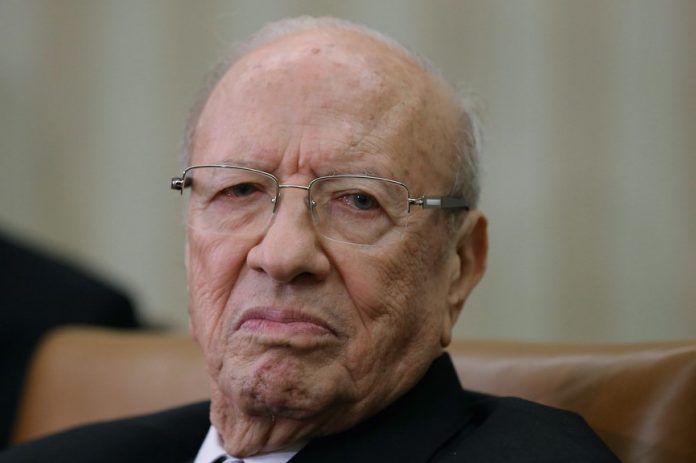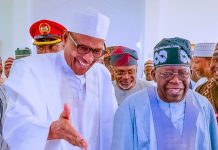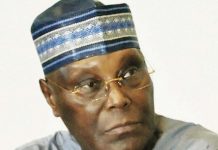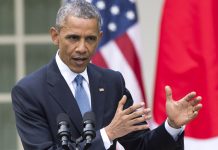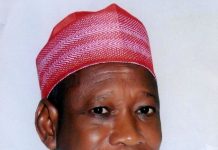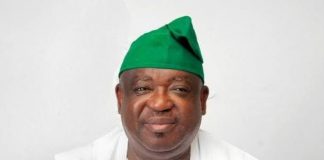Tunisia set the pace for the Arab Spring of 2011. Since the ouster of the dictatorial regime of President Zine Ben Ali, ordinary Tunisians are not happy with the slow pace of change in what is logically the cradle of the Arab Spring.
Now, voters are in the midst of municipal election, which has been described as another milestone on the road to democracy in the North African country. It is part of its transition from the years of authoritarian rule.
More than 57,000 candidates, mostly women and young people, are running for office in Tunisia’s 350 municipalities. For sure, Tunisians had earlier voted in parliamentary and presidential elections since the 2011 fall of Zine Ben Ali, but municipal polls had been delayed four times due to logistic, administrative and political bottlenecks.
The country is embroiled in various political, security and economic problems as well as corruption since the revolution, which all point to a low turnout at the polls. Although President Beji Essebsi has called for a “massive turnout”, observers say many eligible voters did not even register to participate in the exercise. According to the President, “For the first time (since the revolution) the Tunisian people are called to participate in municipal elections, something that seems simple but it is very important”.
Like other North African Arab states, Tunisia is grappling with economic challenges including eight percent inflation rate and fifteen percent unemployment rate. To worsen matters, the government’s new austerity budget sparked off protests at the beginning of the year.






